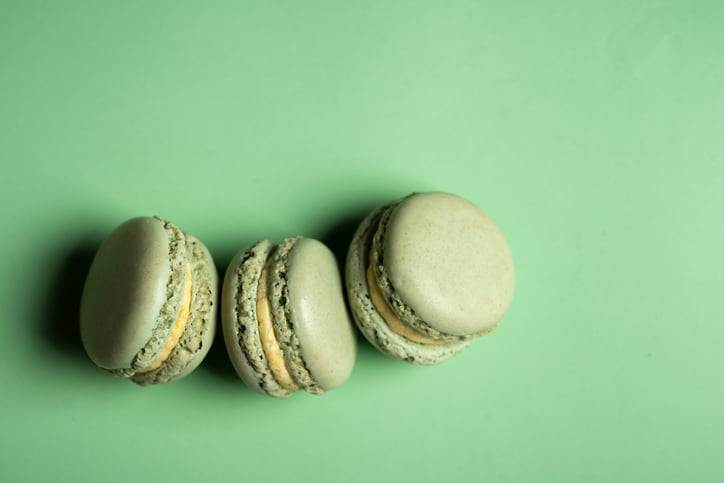Despite influencer backlash and mounting misinformation, food scientists say seed oils remain a safe, heart-healthy part of a balanced diet - and warn that anti-seed oil rhetoric echoes broader anti-science trends
Secretary of the US Department of Health and Human Services Robert F. Kennedy Jr. is among the figures claiming that seed oils are “poisoning” consumers. Yet, those claims appear to be a misunderstanding and distortion of current lipids research, according to research by the International Food Information Council.
In the February IFIC survey, “Americans’ Perceptions of Seed Oils,” 28% of US adults said they actively avoid seed oils, such as sesame, soy and walnut oil. Meanwhile, 25% reported being unfamiliar with the term “seed oil.” More than half (56%) of respondents said they use olive oil as their most common cooking fat source, and 38% selected avocado oil as the healthiest cooking oil, even if it is not what they typically use.
The survey authors acknowledged inflammation by stating that the American Heart Association considers vegetable oils a healthy choice.
“Many food and nutrition experts agree that vegetable oils are an important tool for improving diet quality while contributing to heart health and overall wellness,” added the authors.
Consumers should incorporate some variety of lipids into their diets, including seed oils in the mix, but they are not in any way verboten, according to lipid scholars who presented at an IFIC webinar earlier this year. Other lipids that can be a part of a healthy diet include mindfully chosen extra virgin oil, butter and animal fats, with an eye toward balance and moderation.
Martha Belury, professor and chair of food science and technology at Ohio State University and Eric Decker, professor and head of food science at the University of Massachusetts Amherst, both presented in the IFIC webinar. Decker extensively went over the health profile of avocado oil, which is not technically a seed oil but a vegetable oil because its oil is derived from the flesh, not the seed stone. (It is, however, often lumped together with seed oils.) He explained that solvent extraction processing leads to higher free fatty acids compared to cold pressed olive oil, as well as other fat-soluble components, like phospholipids, carotenoids, chlorophyll and pesticides.
The case for anti-seed oil rhetoric
Despite bona fide scientists claiming otherwise, the seed oil-free discourse claims that their opposition is based on science.
The Instagram account @seedoilfreecertified is one example of an influencer stating its ideas are backed by “independent science.” In a DM exchange with the account, a spokesperson said: “We rely on a growing body of independent scientific literature, historical dietary data and analyses of modern food products.”
As a nonprofit organization focused on science, IFIC declined to comment on any possible business motives for the anti-seed oil movement.
The Seed Oil Free Alliance also did not respond in time for comment for this article. Last year, the Seed Oil Free Alliance launched the first dedicated certification program, which enables market differentiation, to help manufacturers verify products’ seed oil-free status.




